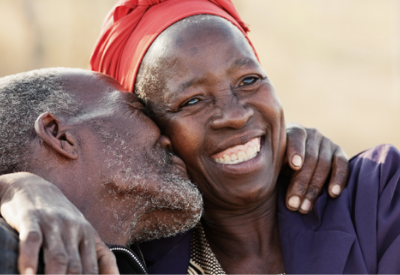IBE in Africa
The International Bureau for Epilepsy (IBE) has a strong presence in Africa, with active chapters in 22 countries. These chapters are officially registered and recognized within their respective nations.
IBE’s work in Africa is driven by a comprehensive set of goals aimed at improving the lives of people with epilepsy across the continent. These goals include:
Advocacy and Awareness
- Championing epilepsy prevention: Promoting awareness and supporting initiatives that prevent epilepsy.
- Prioritizing epilepsy on the national and regional agenda: Advocating for governments and regional organizations to prioritize epilepsy in their health policies and programs.
- Combating stigma and increasing knowledge: Developing and supporting programs that dispel myths, reduce stigma, and increase understanding of epilepsy among the general public and people living with the condition.
Treatment and Support
- Enhancing access to treatment: Supporting initiatives that improve access to effective epilepsy treatment, including medication and other therapies.
- Providing best-practice models: Developing and sharing models for the effective management of epilepsy in diverse settings.
- Building capacity through training: Advancing training and information sharing for healthcare professionals and others involved in epilepsy care.
Empowerment and Rights
- Amplifying the voices of people with epilepsy: Providing a platform for individuals with epilepsy and their associations to be heard and to participate in decision-making processes.
- Promoting human rights and dignity: Advocating for the accessibility of services, the protection of human rights, and the preservation of dignity for all people with epilepsy.
Research and Collaboration
- Fostering research: Encouraging and supporting research into epilepsy, including its causes, prevention, treatment, and social impact.
- Strengthening epilepsy associations: Supporting the development and strengthening of associations that promote the rights and well-being of people with epilepsy and their families.
- Unifying efforts across Africa: Coordinating the work of epilepsy associations across the continent and representing their collective interests to ensure a unified and powerful voice for epilepsy in Africa.
These goals demonstrate the IBE’s commitment to a holistic approach to epilepsy care in Africa, encompassing prevention, treatment, advocacy, empowerment, and research.
The Curse of Stigma
A powerful and intimate documentary film, “The Curse of Stigma” tells the story of two African women living with epilepsy and the pain, isolation, and harm they have suffered because of discrimination and deeply embedded cultural beliefs. Their ultimate understanding of epilepsy as a treatable condition leads them to better health and brighter futures. By telling their truth, and the truth about epilepsy, they overcome shame – the ultimate curse of epilepsy stigma.
The extended trailer of “The Curse of Stigma” premiered at the 2023 International Epilepsy Congress in Dublin, Ireland. The full documentary will be featured at select international film festivals in 2024.

